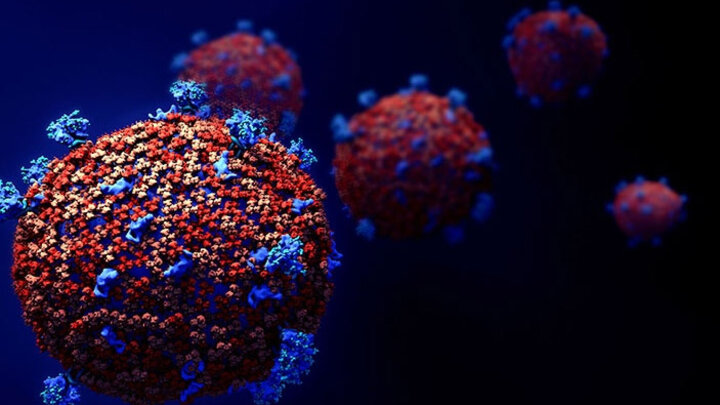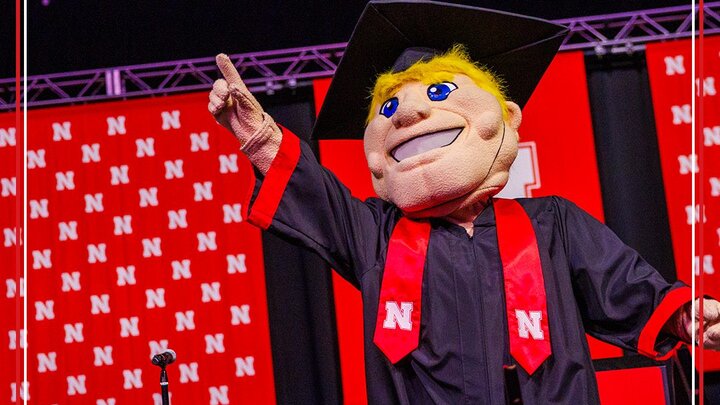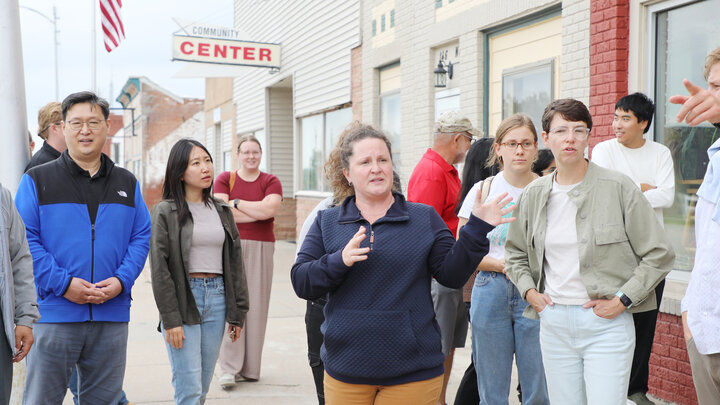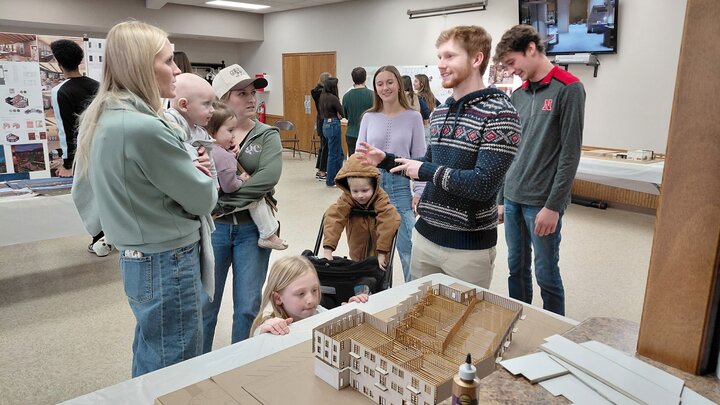A team of researchers from three University of Nebraska institutions is among the finalists in a global competition to develop an artificial intelligence-driven model to advise policymakers on how it is best to handle the COVID-19 pandemic.
And with one of the most-accurate models in the early phase of the competition, the Nebraska team is well within range of the $500,000 top prize.
The Nebraska team formed a strong collaborative relationship in the spring of 2020 while initially working on a COVID-19 modeling project that used Kinsa Bluetooth-wired thermometers to gather fever data from various communities across the state, so when they learned of the XPRIZE competition in November they knew they had to work quickly and effectively to enter."
In December, after Phase 1 of the $500K Pandemic Response Challenge sponsored run by XPRIZE, which designs and operates incentive competitions to solve the world's grand challenges, in partnership and sponsored by with Cognizant, the Nebraska team was among the 48 teams from 17 countries chosen to advance to the final phase.
Dan Piatkowski, assistant professor of community and regional planning at UNL, is joined on the team by Fadi Alsaleem, assistant professor of architectural engineering at the University of Nebraska-Lincoln; Alison Freifeld, professor of internal medicine at University of Nebraska Medical Center; Basheer Qolomany, assistant professor of computer science at University of Nebraska-Kearney; and two of Alsaleem's graduate students – Mostafa Rafaie and Mohammad Ali Takallou. Since the initial approval of COVID-19 vaccines in December 2020, the global pandemic has raged on -- more than 25 million additional people have been diagnosed with the disease. The Pandemic Response Challenge aims to harness the power of data and artificial intelligence in equipping policymakers, health officials and business leaders with insights and guidance necessary to implement public safety measures and safely deliver the vaccine, maximizing their ability to keep local economies open while minimizing potential virus breakouts.
"The finalists in the Pandemic Response Challenge have demonstrated incredible innovation in their efforts to help the world emerge from the COVID-19 pandemic," said Brian Humphries, chief executive officer of Cognizant. "Advancements these teams are making can have far-reaching implications -- empowering policymakers and business leaders globally with data-driven tools, informing countries' decisions about their re-opening strategies, and proving the value of AI and collaboration in addressing future humanitarian crises."
In Phase 1 of the competition, teams were tasked with analyzing local COVID-19 data, intervention strategies and mitigation policies to develop and test a prediction model that could anticipate global infection spikes. Finalists had until Feb. 3 to complete Phase 2, which involved developing a prescriptor model -- or action plan. These models will be evaluated against key benchmarks, including minimizing the number of cases and minimizing the stringency (i.e. cost) of intervention plans.
Instead of focusing solely on data gathered in Nebraska, the team was required to study the results of responses from around the world when developing its model. The final results of the challenge are expected to be released Feb. 26.




